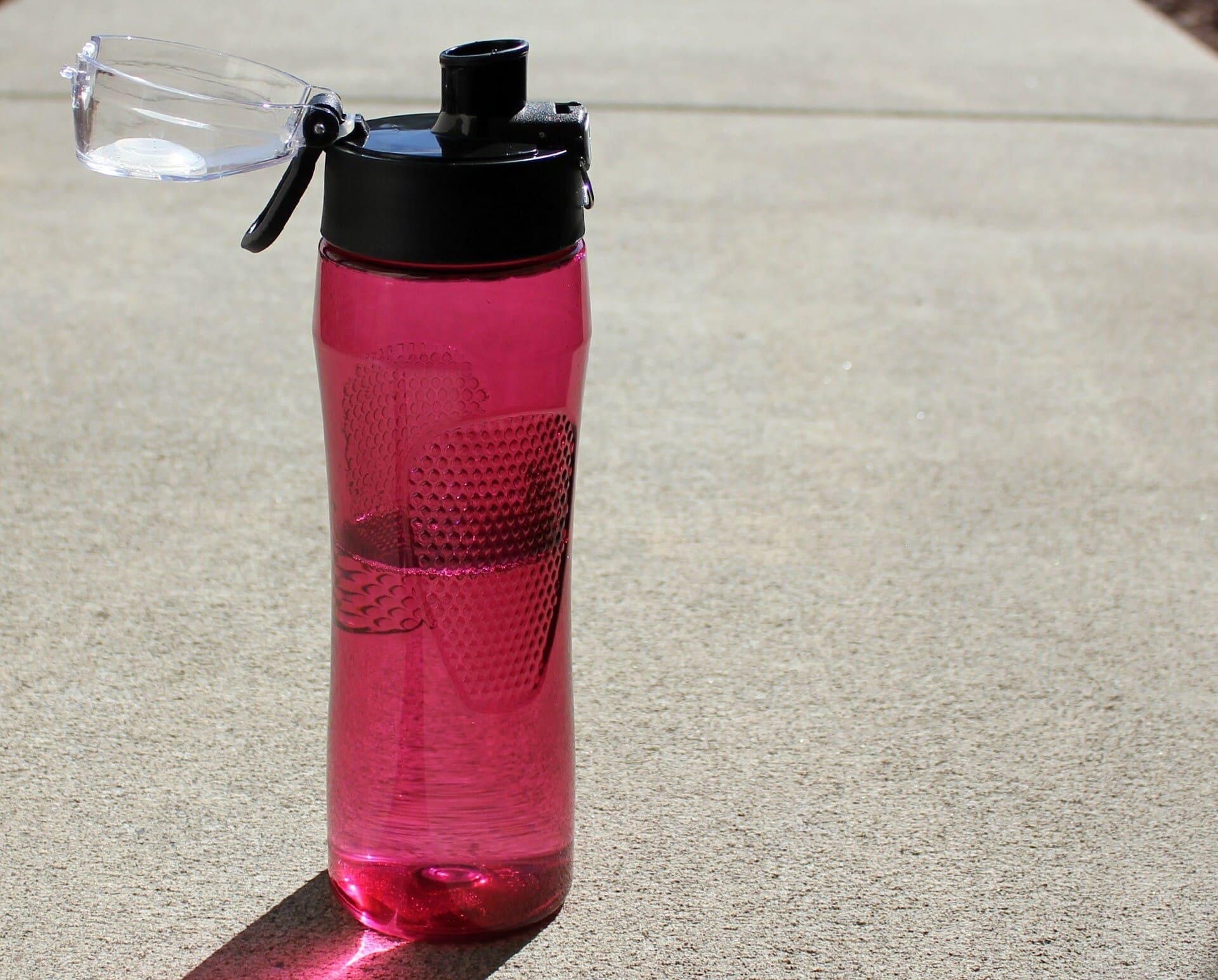Do you need some tips on how to stay injury free while training? Nobody wants to get injured while training. Thankfully, you can take some steps to reduce your chance of an accident proactively. Here are nine things that you can do to stay injury-free while training, from wearing a sports mouthguard to drinking enough water:
Warm up and cool down.
You need to warm up and cool down before every training, workout, or game to stay injury-free and improve performance. Your warm-up should include a few minutes of cardio to get your blood flowing and warm up your muscles, followed by stretches to improve your range of motion. For your cooldown, do gentle movements to help your heart rate come down if necessary, and then do deeper stretches to balance out all the muscle contractions you just did. Many athletes like to add other recovery activities to their cooldown routine, such as using a foam roller or taking an ice bath.
Get the correct equipment.
High-quality, properly fitting safety equipment is essential to staying injury-free while training. For instance, moldable mouthguards keep you from biting your tongue, and weight-lifting belts help promote good posture while exercising. The exact equipment will vary according to your sport and your training program. It would be best to regularly inspect your equipment for damage and repair or replace it whenever it wears down.

Practice cross-training.
Cross-training is one of the best ways to prevent repetitive stress injuries and strengthen your body without overtaxing it. Cross-training involves doing exercises that aren’t directly related to your sport but building the muscle groups and skills needed to compete at a high level. For example, during the off-season, skiers might cross-train in other sports, such as surfing and trail running, that involve cardio and balance, two skills also needed for skiing.
Set reasonable goals.
You want to push yourself hard enough to improve — but not so hard that you hurt yourself. When setting your goals for training, choose incremental improvements that are just beyond what you can do to avoid pushing yourself too far. With your more prominent aspirational goals, break them down into smaller milestones so you can work on one step at a time. Not only will this make your goals easier to achieve, but it will also help keep you from overextending yourself.
Listen to your body.
Listening to your body will help you stay injury free while training. That said, goals are just goals, and you should never push your body too hard because your training schedule says that you “have” to hit a particular milestone that day. It’s okay to train through soreness, but you must stop immediately and reassess if you feel any pain. Working through an injury can worsen and lead to a permanent impairment that could prevent you from training altogether. Always let your body set your limits and stick to them.

Rest and recover.
Training hard all day, every day is a recipe for injury. Make sure you take at least one day off each week if not two. If you feel too restless to sit around for a day, practice active recovery, such as yoga. You should also incorporate easier quarterly training weeks and take at least two weeks off from structured training at least once a year. These breaks will help prevent mental and physical burnout and give your body the time it needs to recover between training sessions. If you are injured from no fault of your own, you may want to get legal advice from Dennis Hernandez & Associates.
Establish good sleep habits.
Getting a goodnight’s sleep before training is another way to stay injury-free. Speaking of resting, practice good sleep hygiene that promotes a better night’s rest. Sleep is essential for rest and recovery because that’s when your body repairs itself. If you aren’t sleeping enough or have a poor-quality sleep, you will be more prone to injuries and accidents. To promote better sleep, go to bed and wake up simultaneously every day. You should also sleep in a completely dark room and put away screens at least an hour before bed so that the light doesn’t keep you awake.

Stay hydrated.
Staying hydrated is one of the best ways to stay injury free while training. Dehydration and heat exhaustion are surefire ways to reduce your performance and potentially endanger yourself. For best results, stay hydrated around the clock, not just during your workouts; take small yet frequent sips of water during training to keep it from sloshing around in your stomach. Most adults need three to four liters of water daily to stay hydrated, but athletes often need more because of sweating. You may also need electrolytes to replenish all the beneficial chemicals you are sweating out.
Get regular physicals.
Depending on your situation, you may have a coach, personal trainer, and nutritionist with whom you regularly check-in. These experts can be great resources to help you maximize your performance, but you shouldn’t forget to get a regular physical from your primary care physician. Staying on top of other aspects of your health will help you catch potential problems in the early stages and perform at the highest level possible. So schedule that annual physical today if you haven’t already!
The last word on how to stay injury-free while training
Training with injury prevention in mind can increase performance and reduce your chances of burnout and exhaustion. Being active rather than passive about injury prevention will also help prevent preventable accidents and give you more time on the court or field. Follow these tips to avoid injury while training, and always bring your water bottle and excellent mouthguard with you!




